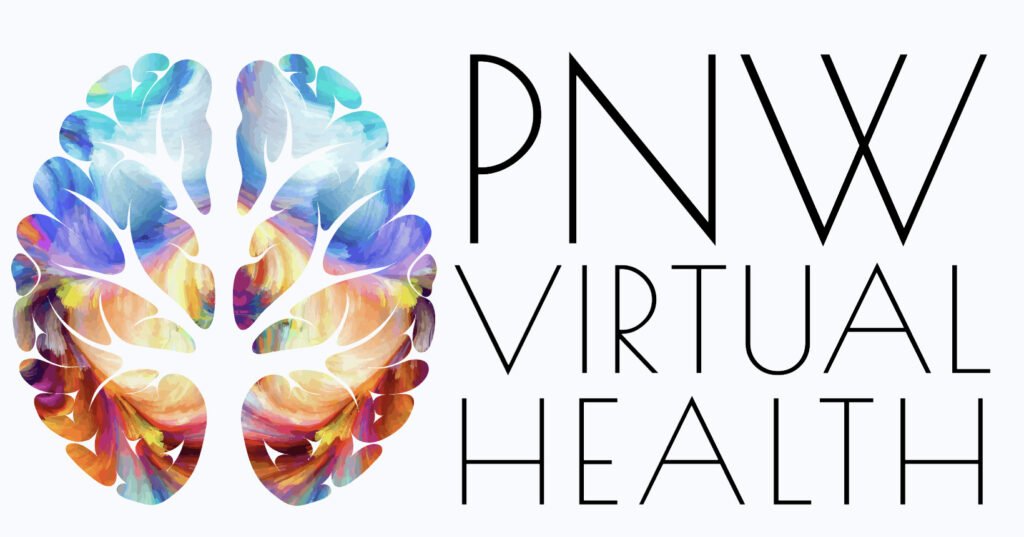Attention Deficit Hyperactivity Disorder, more commonly known as ADHD, is a medical condition that affects people across all ages, from children to adults. It’s a neurodevelopmental disorder that often makes it challenging for individuals to focus, pay attention, and complete tasks, thereby influencing their day-to-day lives.
ADHD is characterized by a range of symptoms, the most notable among these being an inability to concentrate and difficulty in managing tasks. However, this isn’t the limit of the symptoms associated with this disorder. It’s not unusual for those diagnosed with ADHD to exhibit signs of impulsivity and hyperactivity. These symptoms may manifest as restlessness, difficulty sitting still, or making choices without considering the consequences. However, it’s crucial to note that not everyone with ADHD will experience these additional symptoms. The impact and manifestation of ADHD can vary greatly from person to person, reflecting the complexity and individuality of the human brain.
Most commonly, ADHD is diagnosed during childhood, as this is typically when the symptoms first start to appear. However, this does not exclude adults from being diagnosed. In fact, many adults live with undiagnosed ADHD, either because the symptoms were not recognized or addressed during their childhood, or because the symptoms became more noticeable and disruptive during adulthood.
The exact cause of ADHD remains somewhat of a mystery to medical professionals. Current understanding suggests that it stems from a cocktail of genetic, environmental, and neurological factors. Genetics might dictate a predisposition to ADHD, while environmental factors such as prenatal exposure to alcohol or complications during birth could potentially contribute to the condition’s development. Neurological factors, on the other hand, pertain to the brain’s structure and function, which are believed to be different in those with ADHD.
Despite the challenges it poses, it’s crucial to remember that having ADHD does not mean that an individual is “broken” or “wrong.” Rather, it signifies that their brain functions a little differently than what is typically expected. This difference can even translate into unique strengths, like being able to think outside the box or having a high level of energy and enthusiasm.
Treatment for ADHD is multi-faceted, with each approach designed to manage and mitigate the symptoms, enabling individuals to lead a normal, productive life. These treatments can range from medication, which can help regulate brain activity, to therapy, such as cognitive behavioral therapy, that can provide strategies for managing symptoms. Lifestyle changes, like regular exercise, healthy eating, and adequate sleep, can also play a significant role in managing ADHD.
In conclusion, ADHD is a complex disorder that affects both children and adults. While it presents certain challenges, with the right support and management strategies, individuals with ADHD can lead fulfilling, productive lives. The key lies in understanding and accepting that their brains simply work a little differently, embracing the unique strengths that this can bring, and implementing the right treatments and lifestyle changes to manage the symptoms effectively.
